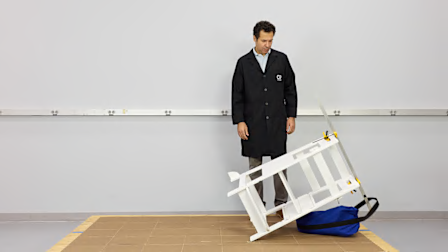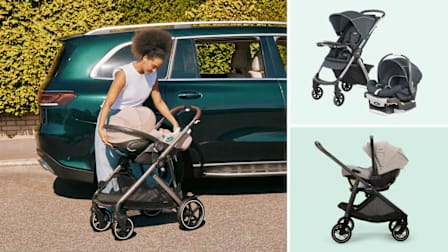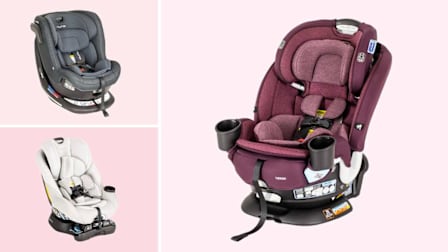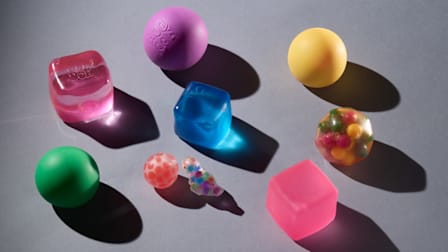Amazon Pulls All Infant Inclined Sleepers
The move comes after eBay said it would ban the dangerous products, which have been linked to at least 73 deaths
Amazon is banning the sale of all infant inclined sleepers—even those that have not yet been recalled—from its website. The company said the decision was based on the latest research, which has found these products to be unsafe for infant sleep. And it follows a letter Consumer Reports sent last week to Amazon and 14 other retailers, online marketplaces, and trade groups, urging them to remove the products from their websites and store shelves.
In the letter, CR noted that infant inclined sleepers, such as the Fisher-Price Rock ‘n Play Sleeper and Kids II rocking sleepers—which position babies at an angle between 10 and 30 degrees—have proven to be unsafe and are tied to a reported 73 infant deaths.
To read the latest news on these products, see CR's ongoing coverage of infant inclined sleepers.
Unsafe Sleep
Amazon’s policy change is the latest in a series of blows to the product category since CR launched its investigation into infant inclined sleepers. The first hit came in April when Fisher-Price and Kids II recalled more than 5 million of the products after CR linked them to dozens of infant fatalities. The investigation also found that the products had been put on the market without adequate safety testing, that they increase the risk of suffocation (no matter how they are used), and that they go against the safe sleep guidelines from the American Academy of Pediatrics, which state that babies should be put to bed alone, on their backs, unrestrained, on a firm, flat surface that is free of soft bedding and bumpers.
Since April, the AAP has also advised caregivers to avoid using any type of infant inclined sleeper, as have consumer safety organizations, including Kids In Danger and the Consumer Federation of America. Further, the CPSC also recently cautioned consumers not to use these sleepers and voted to move forward with a proposed rule to prohibit inclined sleepers, based in part on a recent study commissioned by the agency that found the products were unsafe for infant sleep.
Despite these warnings from experts and regulators, not all manufacturers of infant inclined sleepers have issued recalls, and any new rules issued by the CPSC would not go into effect for several more months.
Other retailers and online marketplaces that CR contacted but that have not yet agreed to remove the products include Bed Bath and Beyond, Buy Buy Baby, Craigslist, Facebook, Kohl’s, Macy’s, Magic Beans, Target, and Walmart.
“These companies also should publicly support the CPSC’s new proposed rules, which would take the guesswork out of whether infant sleep products are safe or not,” says Oriene Shin, CR’s policy counsel for home and product safety. “Infants are vulnerable when sleeping in inclined products, regardless of how long they sleep, and it is wrong to imply that they’re safe for this purpose.”
Indeed, babies have died after being placed in infant inclined sleepers for less than 15 minutes, according to CR’s review of dozens of incident reports and conversations with many of the families.
Sara Thompson, of Nazareth, Pa., knows this reality all too well. Her 15-week-old son Alex was one of the first babies to die while in the Fisher-Price Rock ‘n Play Sleeper. On Sept. 23, 2011, she found him lying on his back in the sleeper, with his head slumped down, after leaving him alone for 10 to 15 minutes.
When she heard that Amazon and eBay would no longer list infant inclined sleepers, Thompson said, “I think it’s a step in the right direction, and hopefully more companies will see that if these retailers and government agencies are saying that these products are dangerous, that they are actually dangerous.” Still, she said, “it’s bittersweet because it’s a little too late for everyone else who has been affected—the more than 70 families whose babies have died in inclined sleepers. But at least this should prevent more deaths.”
Editor's Note: This article was updated on December 17, 2019, to reflect Amazon's revised timeline for removing all infant inclined sleepers from the website.

